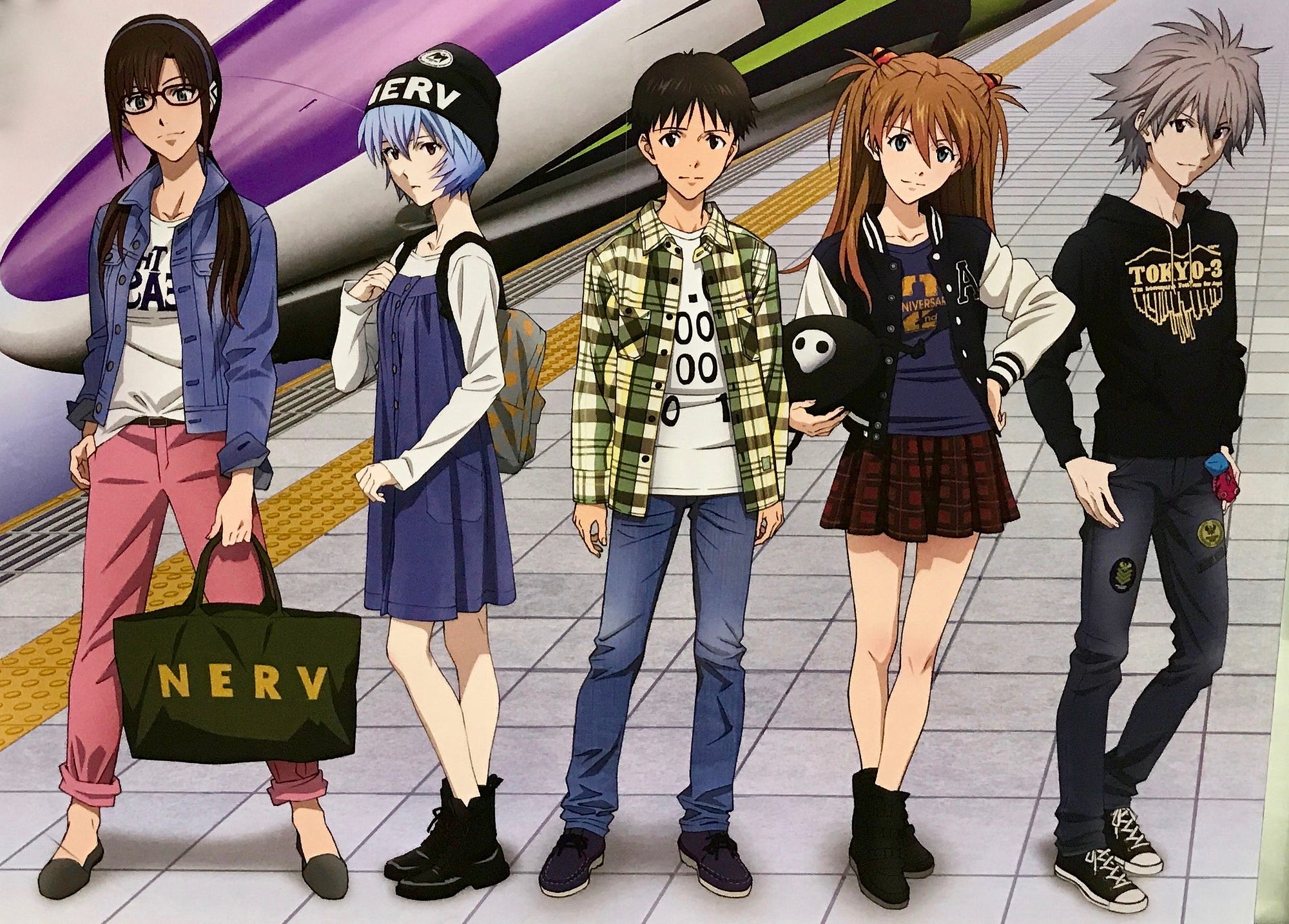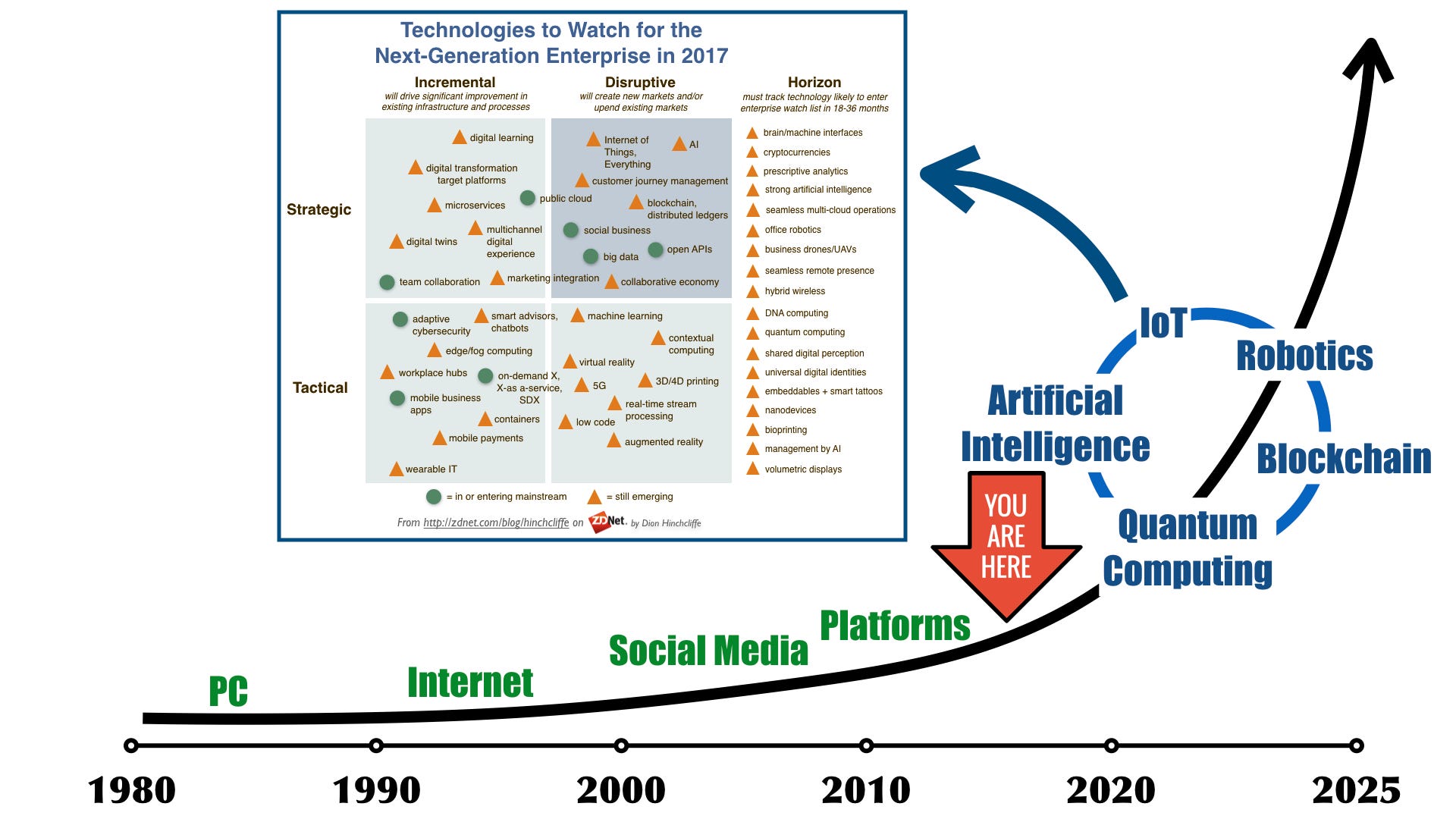Welcome to contribute with your latest research on MOOCs
I am the Collection Editor
I am the Collection Editor
Dr. Ebba Ossiannilsson
The Swedish Association for Distance Education
Interests: choiced based learning; e-learning; hybrid learning; learning analytics; learning design; MOOCs; OER; online open learning; quality; rhizome learning
Interests: choiced based learning; e-learning; hybrid learning; learning analytics; learning design; MOOCs; OER; online open learning; quality; rhizome learning
Topical Collection Information
Dear Colleagues,
All global organizations, such as UNESCO, Commonwealth of Learning, the European Union, and others around the globe, call for opening up education in all means to:
…turn international policy statements into actions to ensure equity, access, and quality which encourages countries to provide inclusive, equitable, quality education and life-long learning opportunities for all. In particular, this is to respond to the scale and urgency of need for higher education in the period 2015 to 2030 due to the expected massive growth of students.
Global actions aim to encourage, facilitate, and embrace the power of online, open and flexible Higher Education for the future we want for a sustainable global development, and to allow education for all, at anytime, from anywhere, by any person, at any time and on any device. Thus, we have to concentrate, what is on the horizon related to the entire concept of opening up education. MOOCs (Massive Open Online Courses) provides offers and resources as never before. New business models are seen, not just branding and common goods, but also, for example, MOOCs are used both for lifelong learning and degrees, but also as continuing professional development (CPD), and not least of all, to meet the enormous higher education updates for refugees. MOOCs have also highlighted pedagogical questions for open online learning, as we can not educate today’s students with methods from the past century, for a future we do not know anything about. There are huge needs for innovations and entrepreneurship to meet demands in the global society today, and tomorrow. Opening up education requires also that we go beyond MOOCs and OERs (Open Educational Resources) and also to find new opportunities for learning, especially for personal learning, just for me and just in time learning.
We very much welcome your contribution of your research and/or policy statements.
The journal is an open access journal, so we are welcoming articles continuously.
We will especially address some burning themes:
• open online learning beyond MOOCs
• innovation in global open online learning
• new pedagogy and learning engagement
• the death of the MOOCs, or maybe the new born MOOCs
• MOOCs and inequality
• Can MOOCs address the need to “skill” the population around the globe?
• the next generation of learners, teachers, managers, administrators
• opening up learning to ensure equity, access, and quality
• credentialization and recognition of MOOC-based learning
• stakeholders for MOOCs
• business models for MOOCs
• learners success stories
• If MOOCs are the answers, what are the questions?
• open online learning beyond MOOCs
• innovation in global open online learning
• new pedagogy and learning engagement
• the death of the MOOCs, or maybe the new born MOOCs
• MOOCs and inequality
• Can MOOCs address the need to “skill” the population around the globe?
• the next generation of learners, teachers, managers, administrators
• opening up learning to ensure equity, access, and quality
• credentialization and recognition of MOOC-based learning
• stakeholders for MOOCs
• business models for MOOCs
• learners success stories
• If MOOCs are the answers, what are the questions?
Ebba Ossiannilsson
Collection Editor
Collection Editor
Manuscript Submission Information
Manuscripts should be submitted online at www.mdpi.com by registering and logging in to this website. Once you are registered, click here to go to the submission form. Manuscripts can be submitted until the deadline. All papers will be peer-reviewed. Accepted papers will be published continuously in the journal (as soon as accepted) and will be listed together on the collection website. Research articles, review articles as well as short communications are invited. For planned papers, a title and short abstract (about 100 words) can be sent to the Editorial Office for announcement on this website.
Submitted manuscripts should not have been published previously, nor be under consideration for publication elsewhere (except conference proceedings papers). All manuscripts are thoroughly refereed through a single-blind peer-review process. A guide for authors and other relevant information for submission of manuscripts is available on the Instructions for Authors page. Education Sciences is an international peer-reviewed open access quarterly journal published by MDPI.
Please visit the Instructions for Authors page before submitting a manuscript. The Article Processing Charge (APC) for publication in this open access journal is 350 CHF (Swiss Francs). Submitted papers should be well formatted and use good English. Authors may use MDPI's English editing service prior to publication or during author revisions.
Keywords
- choice based learning
- equity, access and quality
- globalization
- lifelong and lifewide learning
- new learning environments
- open online learning
- recognition
- MOOC


